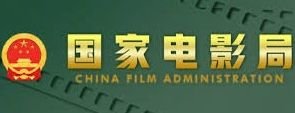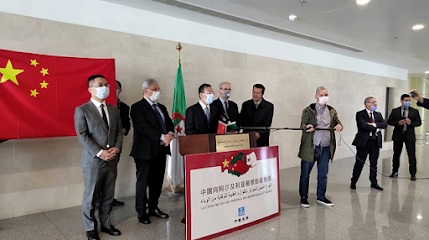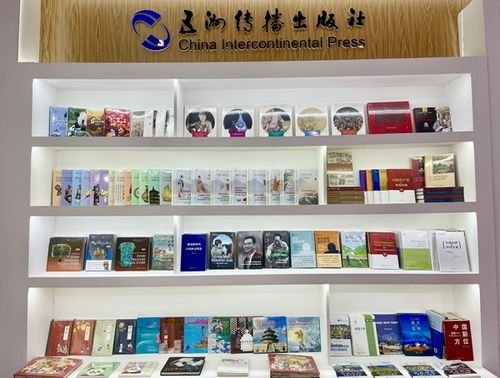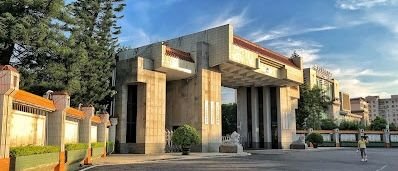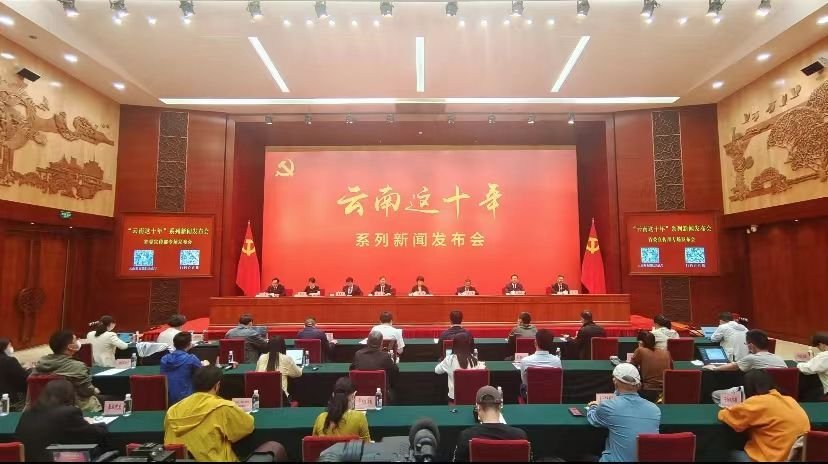Chinese Embassy in Ghana
The Embassy of the People’s Republic of China in the Republic of Ghana (中華人民共和國駐加納共和國大使館) is the primary diplomatic mission representing Beijing’s interests in Accra. Following the establishment of diplomatic relations in 1960 and their restoration in 1972, the embassy has overseen the elevation of bilateral ties to a “Strategic Partnership” as of 2024. The mission actively coordinates with local groups like the Ghana–China Friendship Association (加納—中國友好協會) to promote “friendship” (友好)—a term in CCP official discourse that generally entails the accommodating of China’s interests in relationships. The embassy’s economic and commercial office manages significant infrastructure and energy projects—such as the Bui Hydroelectric Power Station and the $2 billion Sinohydro bauxite-for-infrastructure deal—ensuring that local development aligns with Beijing’s broader strategic objectives in West Africa.



